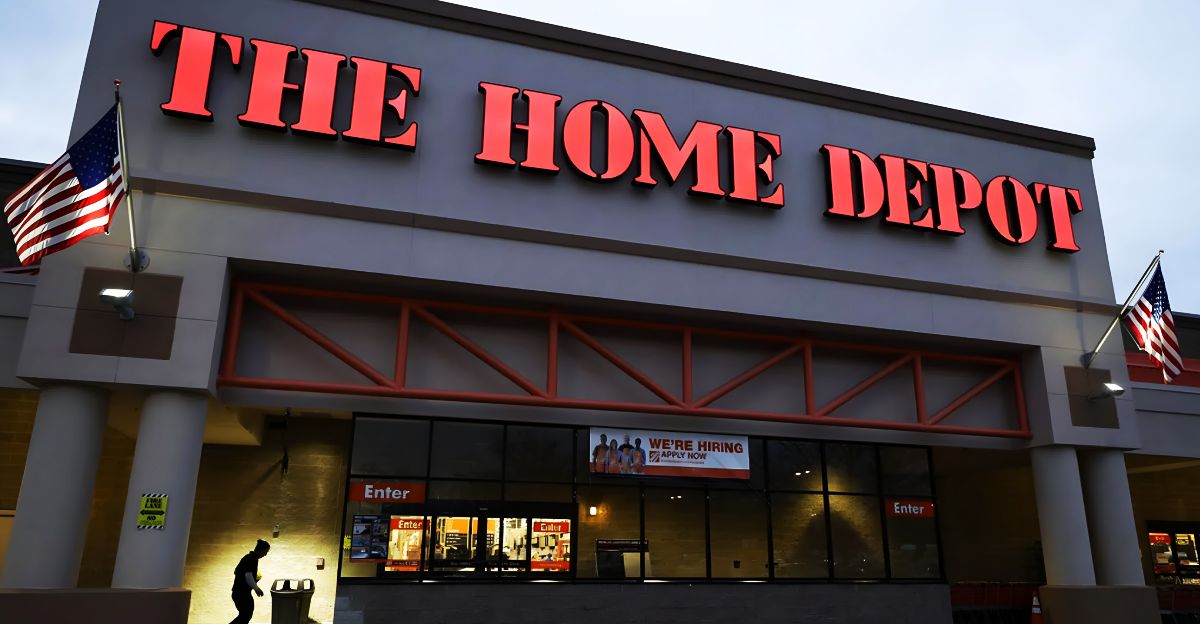
Across the nation, a major retail giant faces an unexpected wave of consumer resistance, sparking questions about corporate values and accountability. This movement, targeting Home Depot, is gaining momentum and capturing attention from shoppers and industry insiders alike. The underlying issue isn’t just about profits or products, but about corporate responsibility and the principles that drive America’s most recognizable brands.
As whispers turn to headlines, many are examining what sparked this backlash and what it means for the future of big-box retail. Consumers are increasingly scrutinizing the social commitments of companies they support, suggesting that corporate actions beyond the balance sheet now play a critical role in consumer loyalty and brand reputation.
A Nationwide Movement Gains Momentum
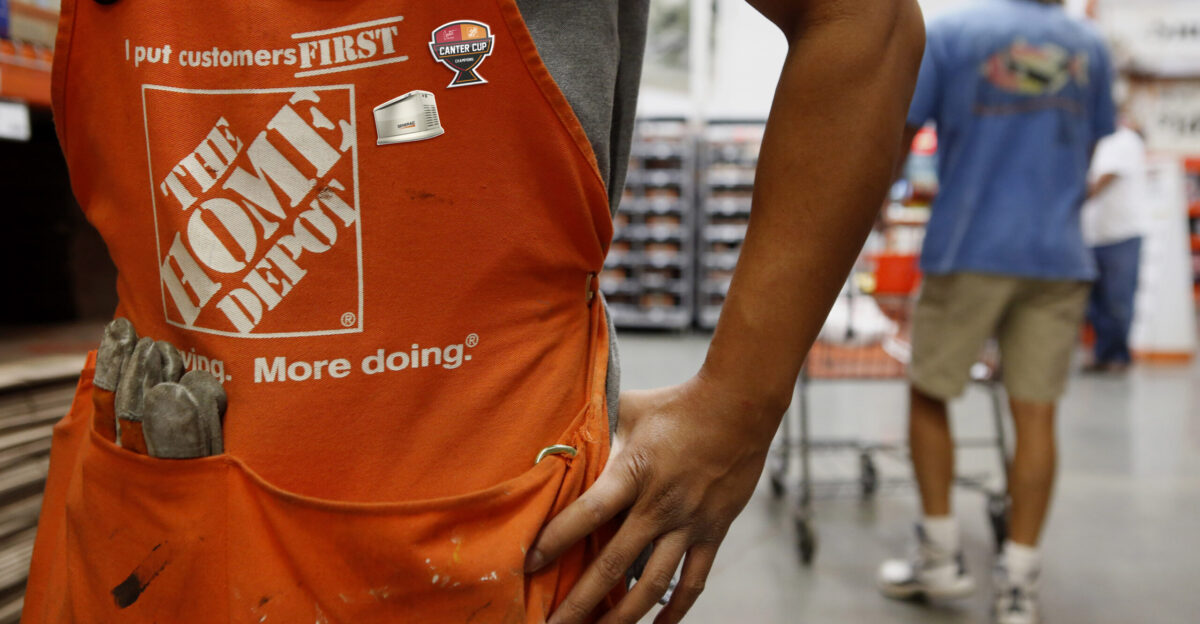
What began as a quiet policy change has escalated into a nationwide phenomenon. Communities from coast to coast are feeling the impact, with reports of organized protests and shifting shopping habits emerging in cities large and small. This economic ripple is not confined to one region or demographic; it’s a collective response uniting consumers across state lines.
The stakes are high for the company and the communities it serves, as retail stores in metropolitan hubs and smaller towns experience foot traffic and sales changes. As the movement expands, businesses and consumers must reconsider what values matter most in the marketplace, highlighting the formidable financial power of consumers in shaping corporate behavior.
A Trusted Brand’s Longstanding Legacy
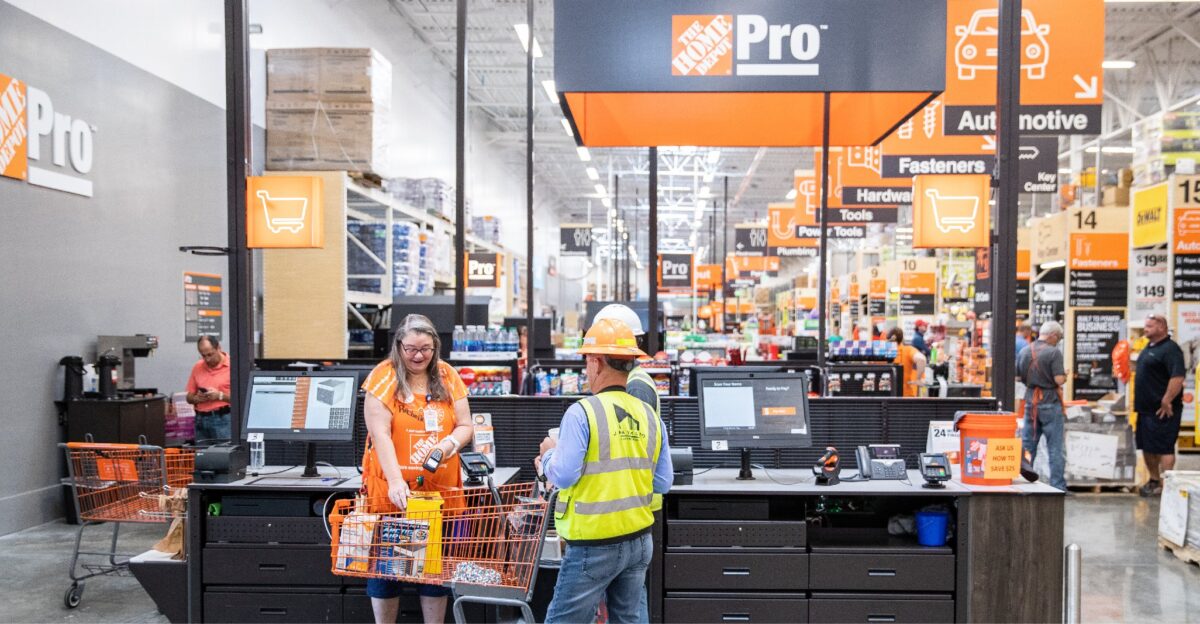
For over 45 years, Home Depot has been a household name, known for its commitment to community and core values. Generations have relied on its aisles for everything from weekend projects to major renovations. Its familiar orange aprons and friendly service became synonymous with trust and reliability.
As a go-to place for home improvement needs, it built a reputation not just on products, but on a promise to support neighborhoods and foster a sense of belonging. This legacy created strong emotional ties with customers who saw the company as more than a store; it was part of their community fabric. However, as societal expectations evolve, Home Depot faces challenges that test whether it can maintain this cherished reputation in a changing cultural landscape.
Controversy Sparks Over DEI Commitment
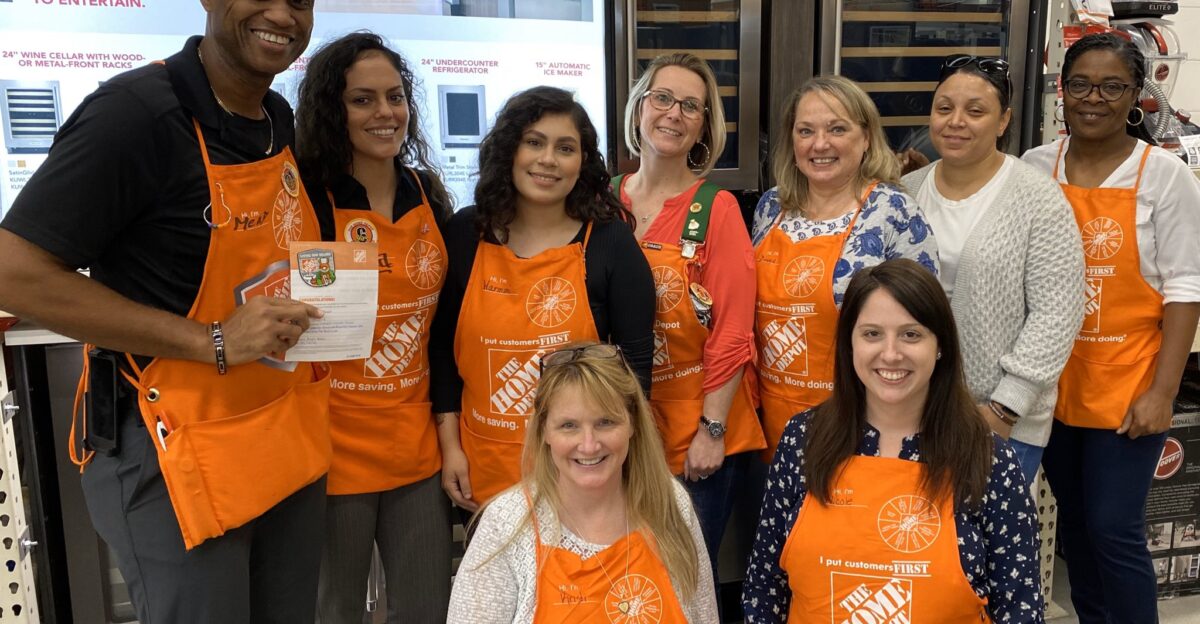
Recent changes at Home Depot have stirred significant controversy. The company quietly removed its dedicated Diversity, Equity, and Inclusion (DEI) page from its website, replacing it with a section titled “WeAreTHD” that omits direct references to diversity, equity, or inclusion. This action, taken sometime after March 28, 2025, has not gone unnoticed by critics. The original DEI page, which emphasized the company’s commitment to fostering a diverse and inclusive work environment as a competitive advantage, was accessible via the “Responsibility” tab and saved numerous times by the Internet Archive’s Wayback Machine.
Critics argue that such a step undermines years of progress and raises questions about the brand’s priorities, viewing it as a retreat from values that once set the company apart in the retail landscape. This decision has ignited debates about corporate responsibility and whether such symbolic gestures are essential to fostering inclusive workplaces and communities, with the backlash suggesting consumers and activists are increasingly unwilling to accept perceived backtracking on social commitments.
Home Depot Faces a 31-Day Boycott.
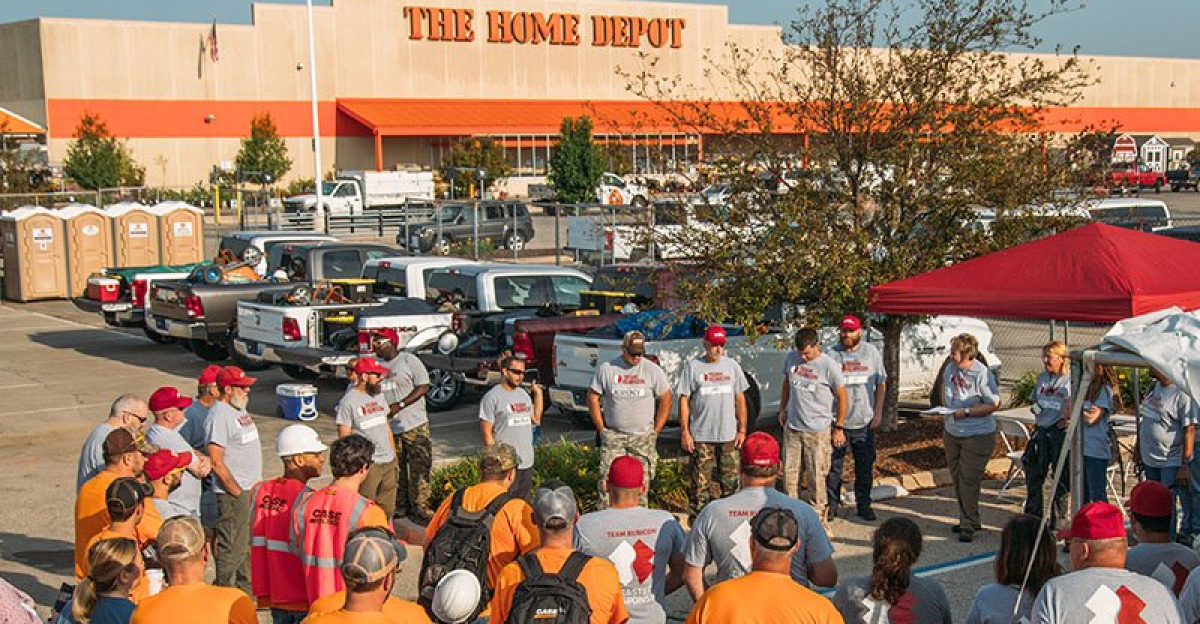
The Home Depot is currently at the center of a 31-day nationwide boycott this July, led by The People’s Union USA. This boycott directly responds to the retailer removing its DEI page and a perceived retreat from inclusion efforts. Activists and concerned consumers have mobilized, urging the public to withhold their business for July. The campaign aims to communicate that corporate commitments to diversity and equity are not optional, and companies will be held accountable for their actions in the public eye.
This boycott is unprecedented in scale for the company, reflecting broader societal demands for transparency and accountability. The People’s Union USA, led by founder John Schwartz, is leveraging social media and grassroots organizing to amplify its message, encouraging consumers nationwide to reconsider their purchasing choices in light of corporate values. Despite the accusations, Home Depot has stated that it remains committed to the values of respect and inclusion.
Impact Felt Across U.S. Communities
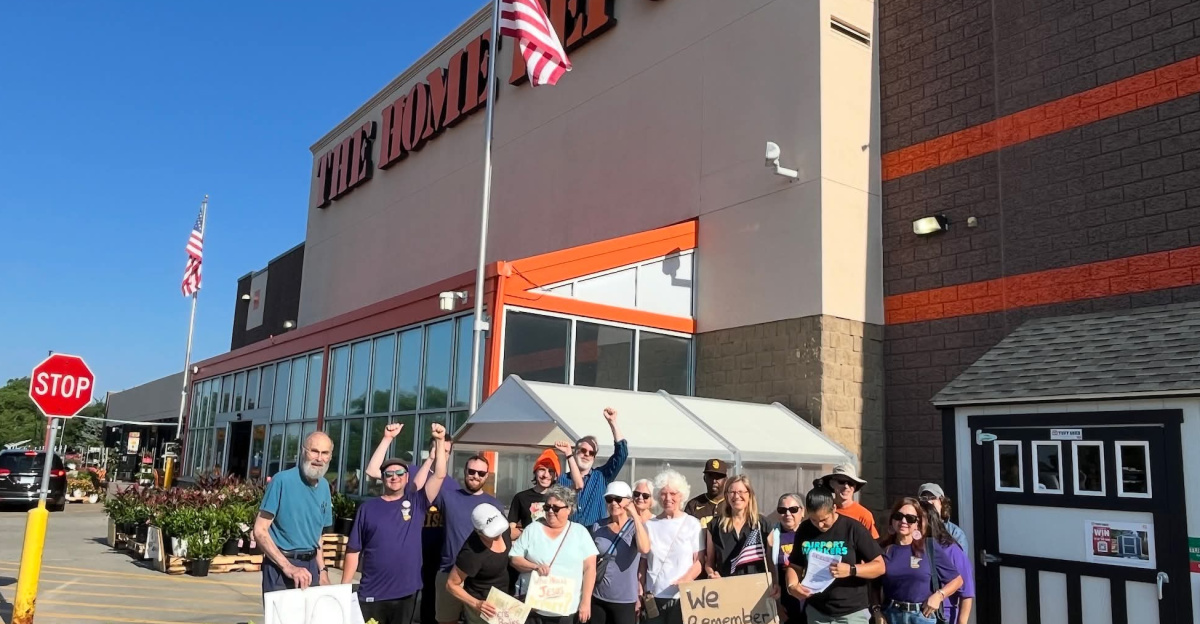
From Atlanta to San Diego, customers and workers are feeling the ripple effects of the boycott. The movement, while symbolic, is anticipated to affect foot traffic, sales, and potentially employee morale in stores nationwide. Organizers call on consumers to reconsider where they spend their dollars, emphasizing the importance of supporting local and inclusive businesses.
As the movement grows, its impact is measured in potential lost revenue and the shifting loyalties of a once-stable customer base. Employees reportedly face increased questions and concerns from shoppers, while franchise owners may experience pressure to respond. The regional variations in response also highlight how local communities interpret and act on national issues differently, adding complexity to the company’s challenge in managing the boycott’s effects.
Franchisees and Employees in the Crossfire
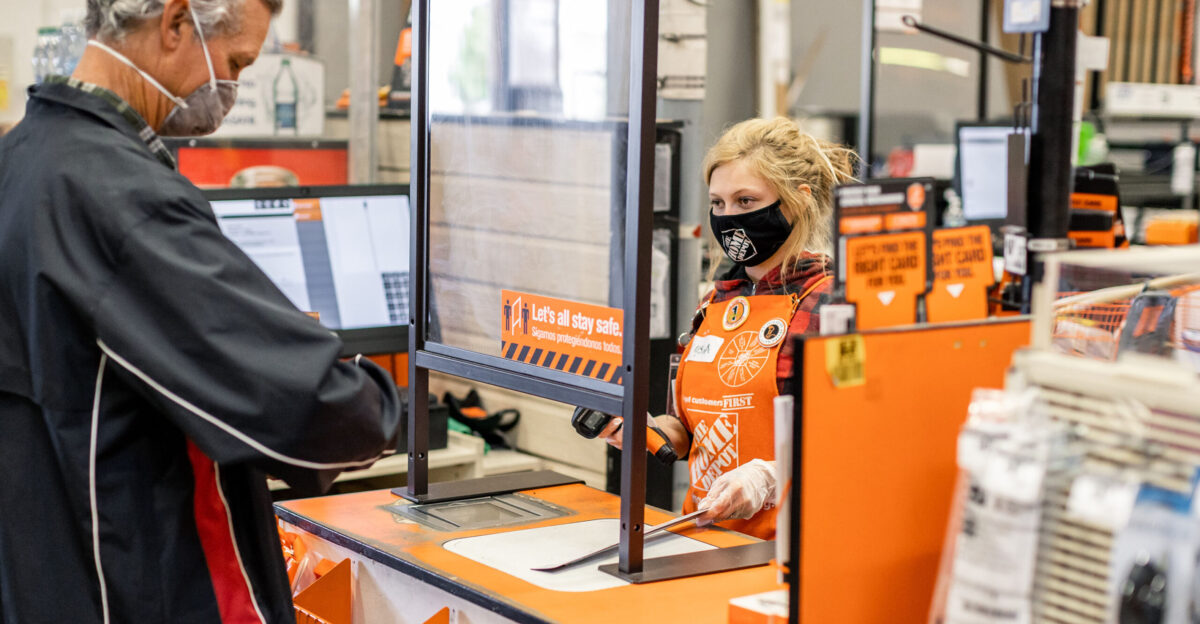
Franchise owners and employees are facing a period of uncertainty as the boycott gains traction. Many express concern about the potential impact on their livelihoods, noting that local stores often bear the brunt of national controversies. Some franchisees feel caught in the crossfire between corporate decisions and community expectations, worrying about declining sales and the long-term effects on employee job security.
Employees also report increased tension in stores as customers voice their opinions, sometimes passionately. The disconnect between corporate policy and franchise-level realities highlights the complexity of managing brand reputation while supporting local business owners. This situation underscores the human side of corporate controversies, where individual workers and entrepreneurs must navigate the fallout from decisions made at headquarters.
Industry-Wide Pressure on Retail Giants
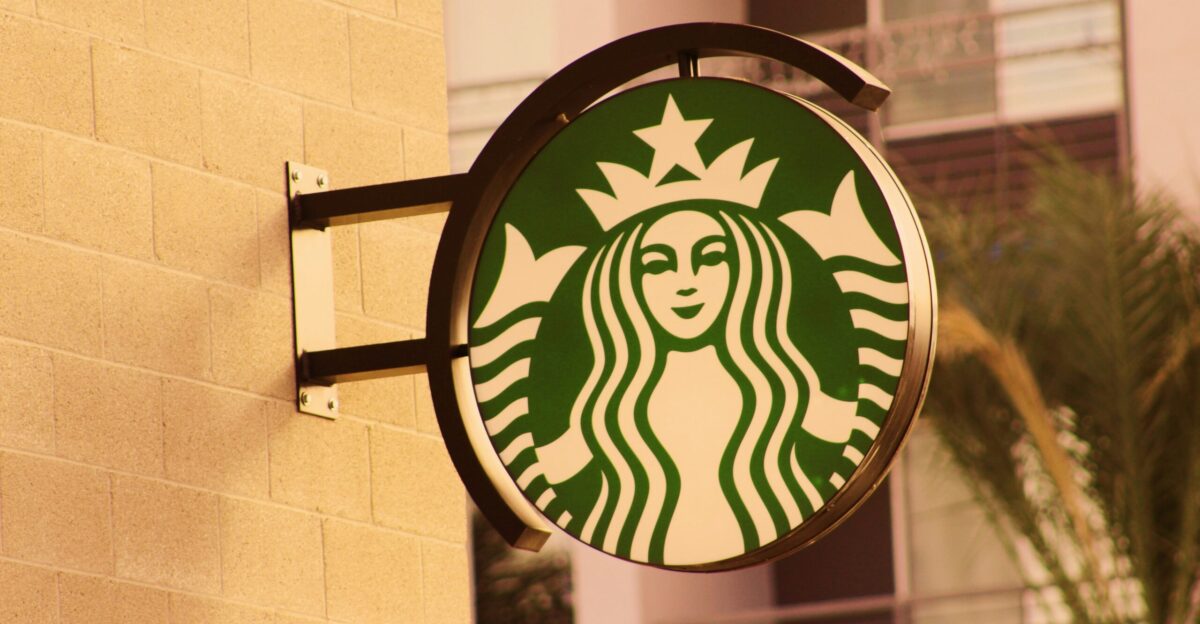
Home Depot is not alone in facing such scrutiny. Other major retailers, including Amazon, Starbucks, and Target, have also weathered similar boycotts tied to perceived rollbacks of DEI commitments. These industry-wide controversies highlight the challenge of balancing evolving corporate policies with public perception. Each company has responded differently, with some doubling down on inclusion efforts while others face ongoing criticism.
This pattern reveals a growing expectation from consumers that businesses must maintain consistent and transparent commitments to social values. The competitive landscape is shifting as companies realize that DEI is no longer just a policy but a critical component of brand identity and customer loyalty. The pressure to respond effectively to activist campaigns reshapes how corporations communicate and engage with their audiences.
Consumers Shift Toward Values-Driven Shopping

These boycotts reflect a larger shift in consumer behavior, a move toward supporting businesses that align with personal values on diversity, equity, and inclusion. Shoppers are increasingly using their purchasing power to advocate for change, rewarding companies that prioritize social responsibility and holding others to account. This trend is part of a broader movement where consumers demand brand transparency and ethical practices.
Local businesses emphasizing inclusivity and community engagement are gaining traction as alternatives to large chains perceived as less accountable. The economic power of the people is reshaping the marketplace, signaling a new era where values-driven commerce is becoming the norm rather than the exception. This shift challenges companies to rethink their policies and how they communicate their commitments authentically.
The Future of Corporate Accountability
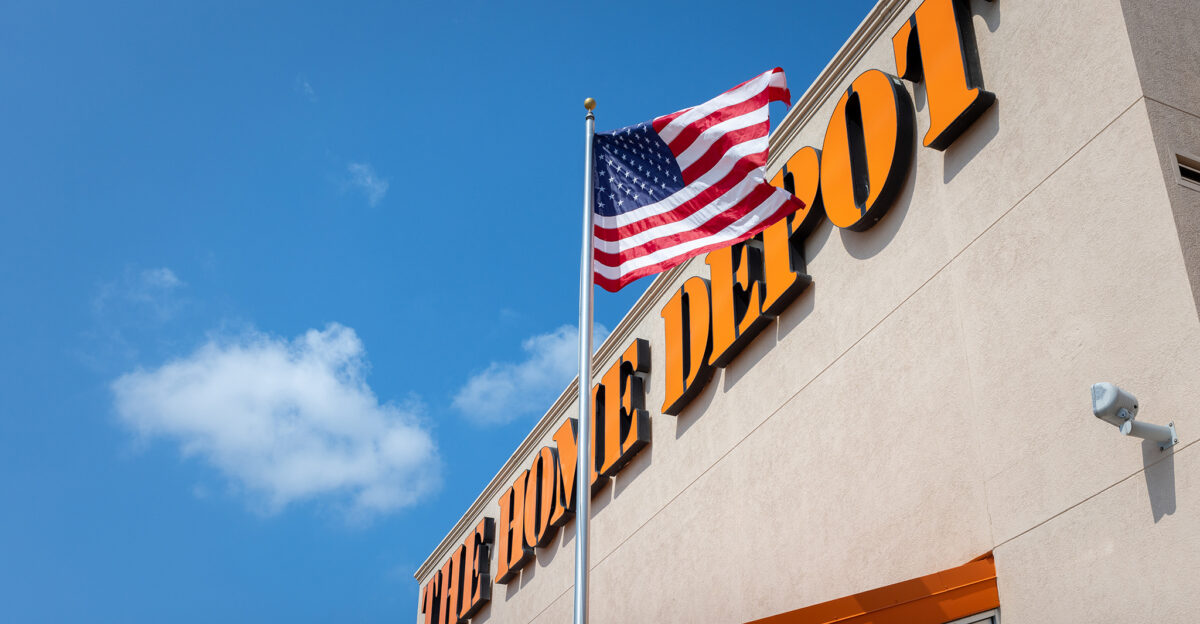
What’s next for The Home Depot and others caught in the crossfire? Will corporate America adapt to these calls for accountability, or will consumer activism continue to reshape the landscape? The future of retail may hinge on how companies respond to these growing demands for transparency and inclusion. Some experts predict that companies must embed social responsibility deeply into their business models to maintain relevance.
Others warn that failure to do so could result in prolonged consumer backlash and lasting damage to brand reputation. As the story unfolds, the answer may lie in our choices as consumers and citizens. This moment represents a critical crossroads for corporate America that could redefine the relationship between business and society for years.
